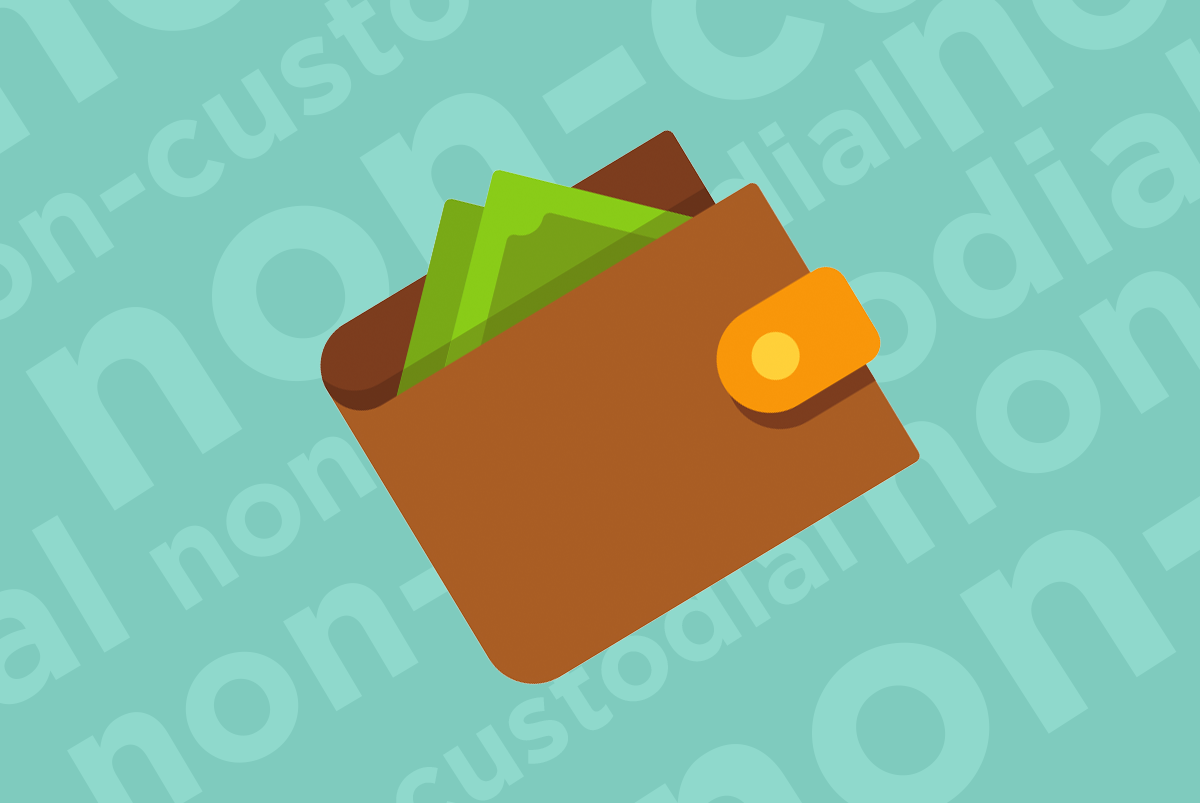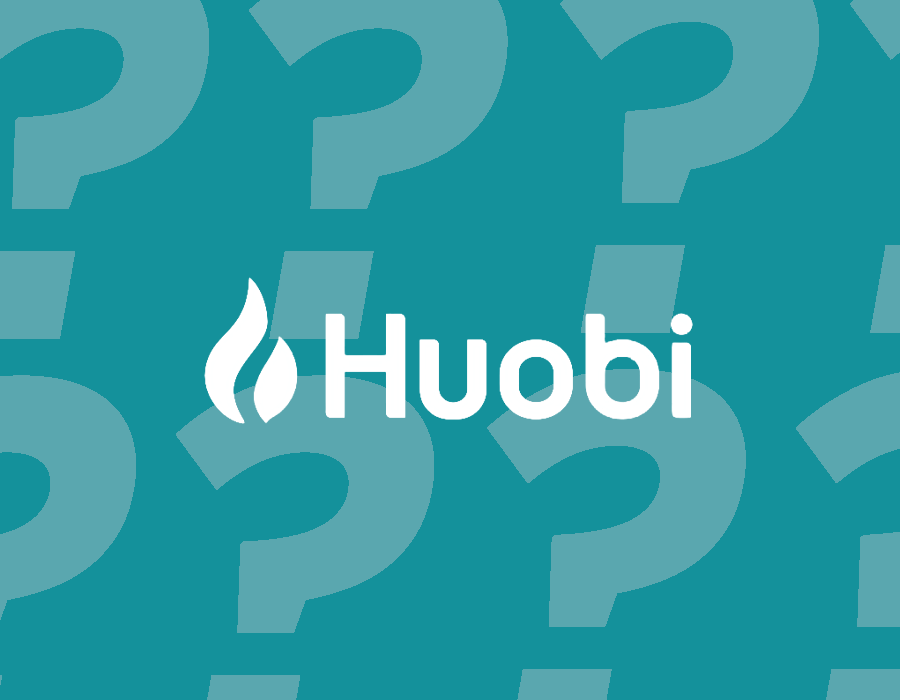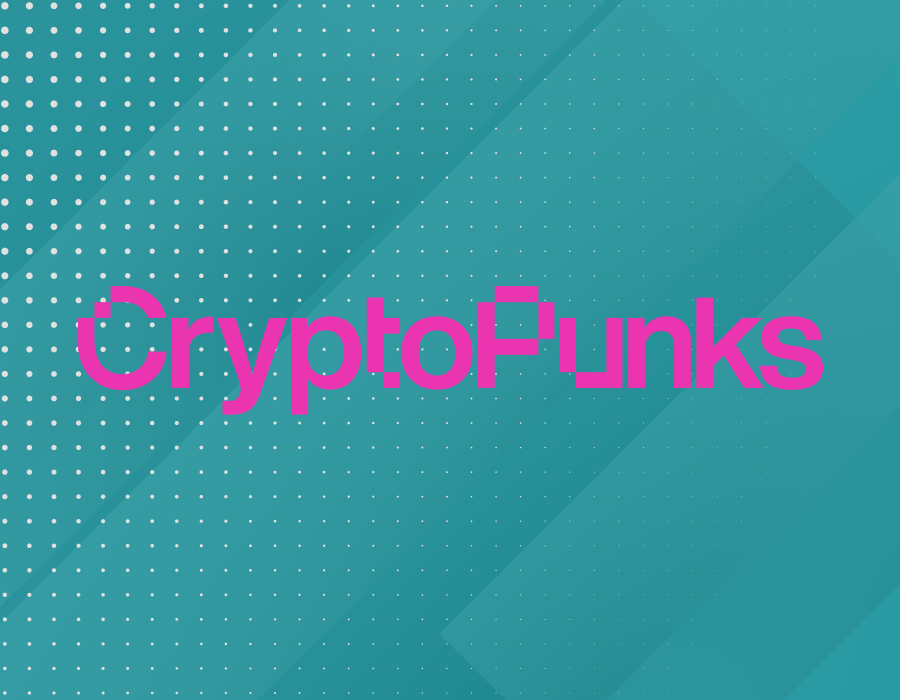In the world of cryptocurrencies, how you store and access your digital assets is crucial. Digital wallets, which come in two main types – custodial and non-custodial, are vital tools for managing these assets. However, each type has its own benefits and drawbacks, with issues surrounding control and security at the forefront of user considerations.
Custodial wallets, while popular due to their ease of use, come with a significant drawback: the custodian, or the service providing the wallet, retains control over the user’s private keys, and thus, over the user’s funds. This means the custodian can freeze funds, fall victim to security breaches, or even go out of business, potentially leaving users without access to their assets.
In contrast, non-custodial wallets, which give users complete control over their private keys, present an increasingly popular solution to the issues raised by custodial wallets.
The Key Differences Between Custodial and Non-Custodial Wallets
Before delving into the details of non-custodial wallets, let’s compare them to their custodial counterparts:
Control of Funds
The primary difference lies in who controls the private keys of the wallet. With custodial wallets, the service provider controls the keys, whereas with non-custodial wallets, the user does.
Security Risks
Custodial wallets are often targets of hacks due to the large number of private keys they store. Non-custodial wallets, on the other hand, are more secure as the private keys are stored on the user’s device.
User Responsibility
Non-custodial wallets require users to be more responsible. If a user loses their private keys, there is no way to recover the funds, unlike custodial wallets where the provider can help restore access.
Understanding Non-Custodial Wallets
A non-custodial wallet is a cryptocurrency wallet that allows users to retain full control over their private keys and, thus, their funds. The concept aligns with the fundamental philosophy of cryptocurrencies: financial self-sovereignty.
How Non-Custodial Wallets Work
Non-custodial wallets store your private keys directly on your device, rather than on a centralized server. When you perform a transaction, it’s signed with your private key on your device. This means that you, and only you, can authorize transactions.
Safety Features
Non-custodial wallets provide heightened security. Since you hold your own keys, you are less vulnerable to hacks. Moreover, many non-custodial wallets offer backup and recovery options, typically a mnemonic phrase that can restore wallet access if you lose your device.
Best Non-Custodial Wallets 2023
Given the security and control advantages of non-custodial wallets, they have proliferated in the market. Over the last couple of years, more and more Non-custodial wallets have come to the market. Here’s our take on the best Non-custodial wallets of 2023:
Best Wallet
Best Wallet is the newest wallet of the three and utilises advanced AI to give users a chatbot for help, advice and frequently asked questions. It operates across different blockchains and allows users to store a wide variety of digital assets, such as coins, tokens and NFTS.
MetaMask
MetaMask is one of the leading crypto wallets, serving as one of the main gateways to the world of Web3, decentralized finance (DeFi), and NFTs. It relies on browser integration and good design to provide a user-friendly interface for interacting with the decentralized internet, or Web3.
Trust Wallet
As the official wallet of Binance, Trust Wallet supports a broad range of coins and has an integrated dApp browser. The interface is user-friendly and it provides a secure environment for crypto transactions.
Remember, it’s essential to do your own research and select the wallet that best suits your needs and comfort level.
Frequently Asked Questions (FAQs)
What happens if I lose my device that has my non-custodial wallet?
Most non-custodial wallets have a backup and recovery mechanism, typically a mnemonic phrase or recovery seed. If you lose your device, you can use this to recover your wallet and funds on a new device. It’s crucial to keep this information secure and private.
Are non-custodial wallets safe?
While non-custodial wallets are generally safer than custodial ones as they are less susceptible to hacks, they are not completely risk-free. Security largely depends on the user. It’s important to keep your device secure, regularly update your wallet software, and never share your private keys or recovery phrase.
Can I store any type of cryptocurrency in my non-custodial wallet?
It depends on the wallet. Some wallets support a wide range of cryptocurrencies, while others are limited to specific networks like Ethereum. Always check the supported assets of a wallet before transferring your assets.
Conclusion
The rise of cryptocurrencies has revolutionized the financial world, giving birth to a new form of asset management. With this innovation, the significance of secure and efficient digital wallets has also amplified.
Non-custodial wallets, while requiring more user responsibility, offer greater control and security than their custodial counterparts. As the adage goes, “Not your keys, not your coins”. With a non-custodial wallet, the keys are indeed yours.
Whether you’re a seasoned trader or a beginner in the world of crypto, understanding and choosing the right wallet is an important step. Non-custodial wallets like MetaMask, Crypto.com DeFi Wallet, and Trust Wallet can provide you with the autonomy and security you need to manage your crypto assets.
Remember, with greater power comes greater responsibility. Always secure your private keys and keep your recovery phrase in a safe place. Happy trading!
Please keep in mind that storing cryptocurrencies involves risk. This guide is informational and should not be considered financial advice.








